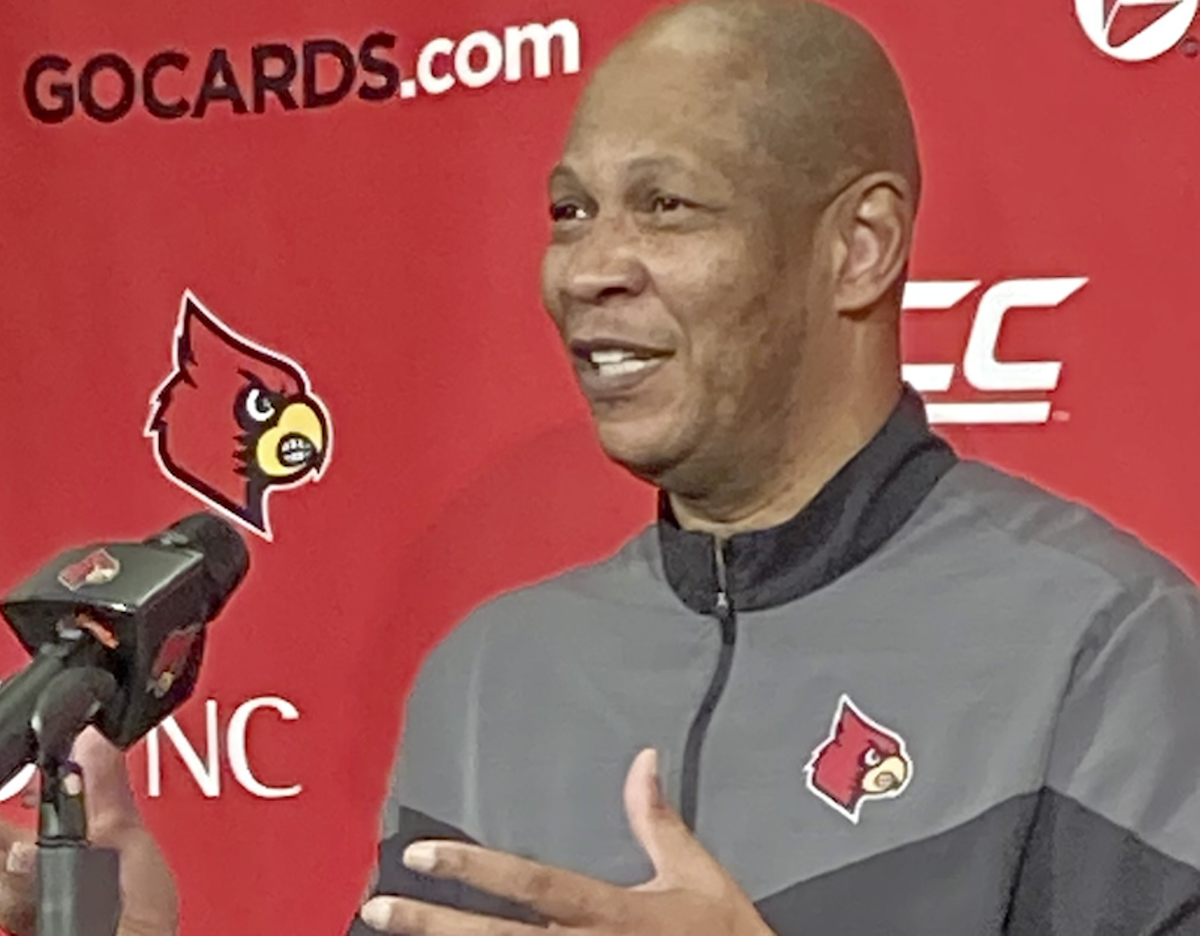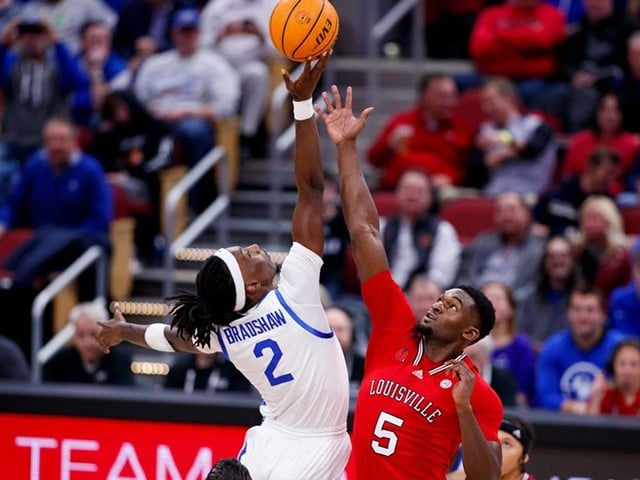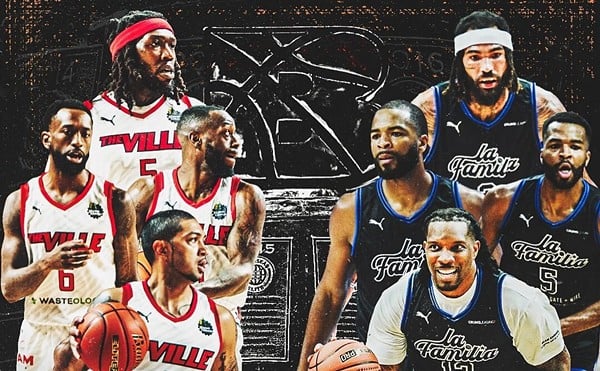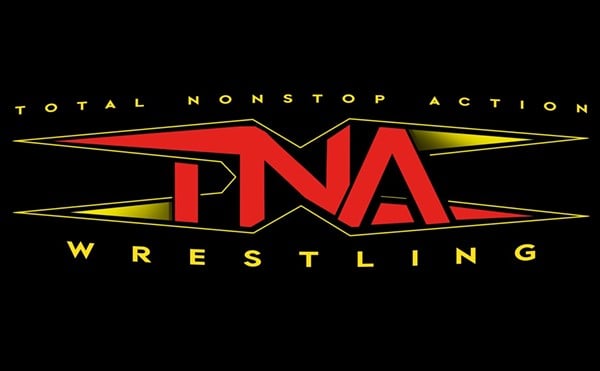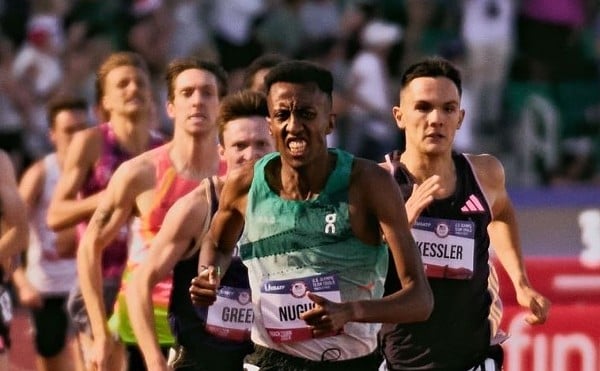Update 2/13 2:29 pm: Kenny Payne has been fired. Louisville athletic director Josh Heird is scheduled to meet with the media at 3 p.m. in the media center at the KFC Yum Center.
Rick Pitino is not walking through that door. Not again. Neither, insiders insist, is Jay Wright ready to return to coaching after retiring from Villanova with a pair of NCAA Championships.
When the University of Louisville formally launches its search for a new men’s’ basketball coach — most likely soon after the Cardinals’ elimination from the Atlantic Coast Conference Tournament — some of the most popular candidates can be expected to take a pass.
Why take on a daunting rebuilding challenge if you’re already entrenched and extravagantly paid where you are? Why would Scott Drew leave Baylor, for example, having brought a national championship to Waco and parlayed his success into a new $212 million arena.
Why would former UofL assistant Mick Cronin abandon UCLA when his base salary has already reached $4.1 million? More to the point, perhaps, would UofL be willing and/or equipped to pay a buyout of at least $16 million to free Cronin from his contract?
And yet, this is no time to be pinching pennies or hoarding Bitcoins. If Louisville is to reclaim its place among college basketball’s elite, it must find a way to finance the hiring of an accomplished, charismatic and costly head coach
Replacing Kenny Payne is sure to be expensive. Despite his two-year record of 12-51, Payne will be due an $8 million exit fee if he is fired before April 1, and $6 million thereafter. Since the university will be paying Chris Mack $133,333 per month through next January, the cost of paying three head coaches simultaneously could be considered prohibitive.
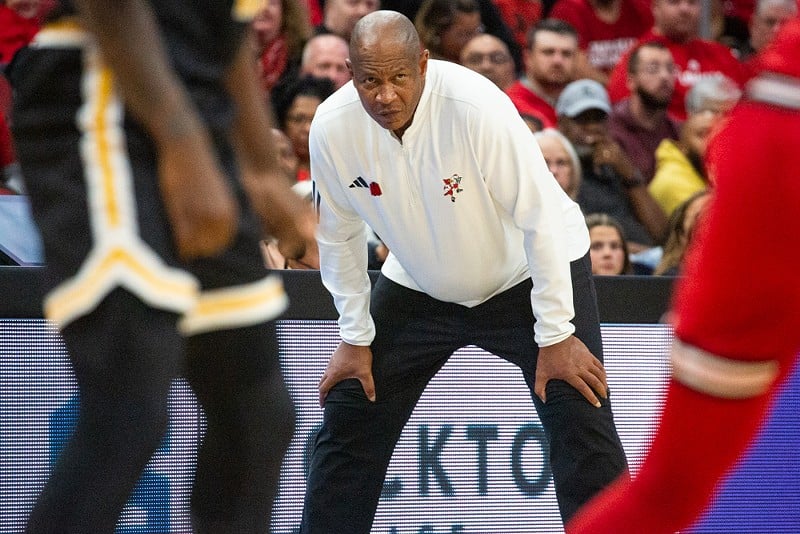
But the cost of standing pat is incalculable. UofL’s once-fervid fan base has deteriorated to the point where it rarely fills more than a third of the KFC Yum Center. Scanned attendance — that is, the actual count of those who use their tickets — has dropped by more than 10,000 per game since the 2012-13 NCAA championship season (later vacated).
Numerous factors have contributed to this decline, and most of them are attributable to issues that arose prior to Payne’s hiring: recurring scandal, interminable NCAA investigations, COVID, unrest tied to the death of Breonna Taylor and its impact on attitudes about downtown’s dangers.
Sustained losing has sped the slippage — fewer than half as many people attend games now than did as recently as 2020 — and it has raised concerns that would have been almost unimaginable at the dawn of the decade. Long the most profitable college basketball program in the country, Louisville has failed to match significantly reduced projections. The university’s Athletic Association was told in January to expect men’s basketball revenues to fall $2 million short of earlier estimates.
The good news is that this plight does not have to be permanent. Louisville fans did not suddenly lose their voracious appetite for college basketball, but rather chose to distance themselves until the product again promised delight instead of despair. There are many reasons to believe hiring a dynamic coach with winning credentials could revive interest much as Deion Sanders has done with University of Colorado football.
Louisville is a large market by college standards and its basketball tradition runs deep. A statistical study conducted in 2020 by CBS’ Matt Norlander ranked UofL as the sixth most successful program in history, behind only Kentucky, North Carolina, Duke, UCLA and Kansas. Since most of the school’s success was achieved before the Yum Center opened and ACC membership was attained, the pieces in place now are more formidable than they were at the height of the Denny Crum era.
Under normal circumstances, Louisville is one of the best gigs going, with an elite pedigree, a national profile, a history of Hall of Fame coaches and outstanding facilities. If the job has lost some of its luster since Katina Powell went public with her tawdry tales from Billy Minardi Hall, its potential remains plain to those in the game.
Perhaps Nate Oates can be tempted to leave Alabama and the perennial second-fiddle status of operating in football’s shadow. Maybe Iowa State’s T.J. Otzelberger is ready for a bigger stage. Might Arkansas’ Eric Musselman or Marquette’s Shaka Smart surface on the short list of UofL athletic director Josh Heird? Will some heretofore obscure mid-major coach become the flavor of the month with a prolonged NCAA Tournament run?
Speculation began before the season started, and it will surely intensify as soon as UofL’s season concludes. Granted, some of the most appealing candidates may be out of reach. It’s hard to imagine Pitino protégé Billy Donovan, for instance, forsaking the NBA’s Chicago Bulls to return to the college game. Still, Louisville basketball has a lot to sell and some quality coach figures to be buying.

